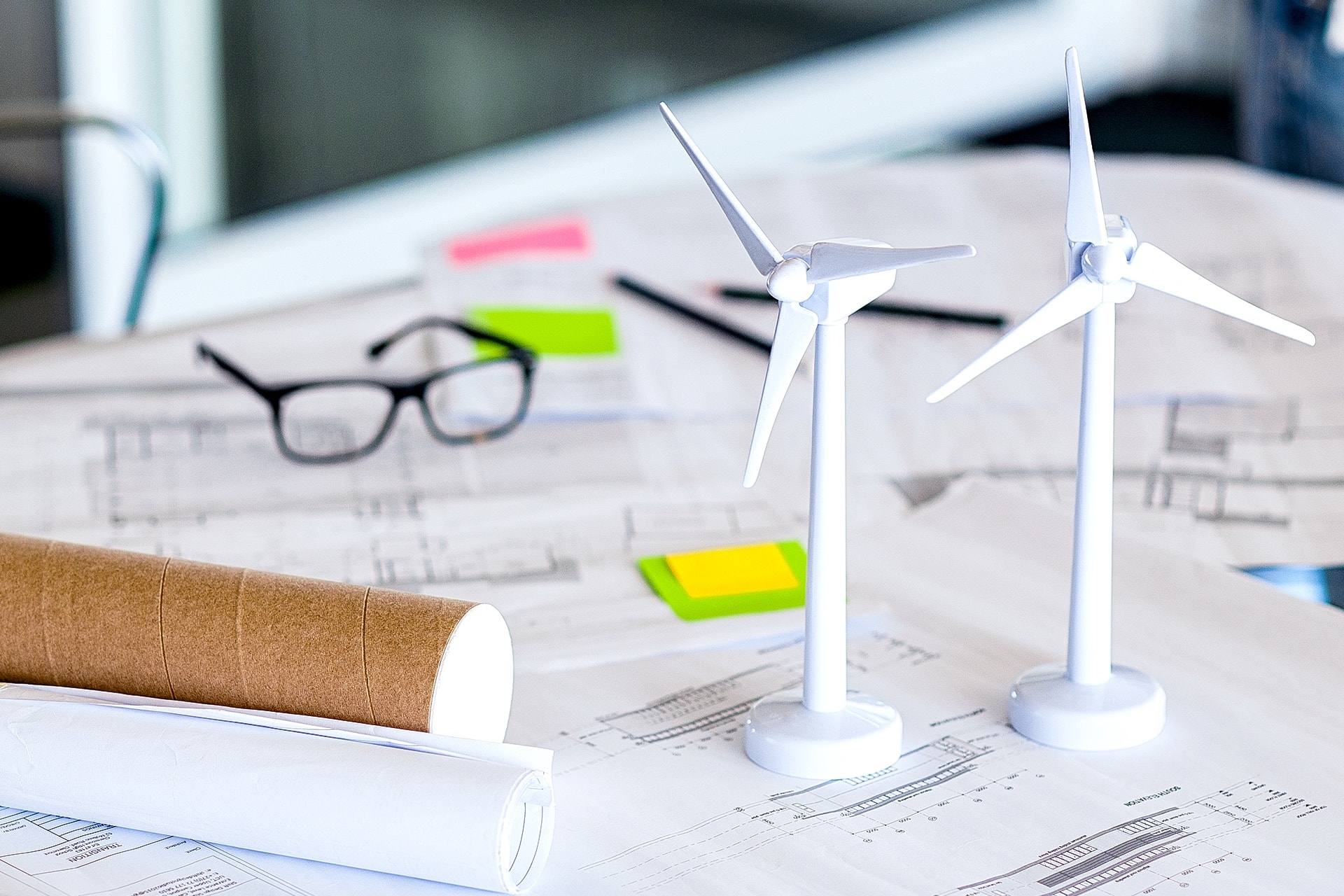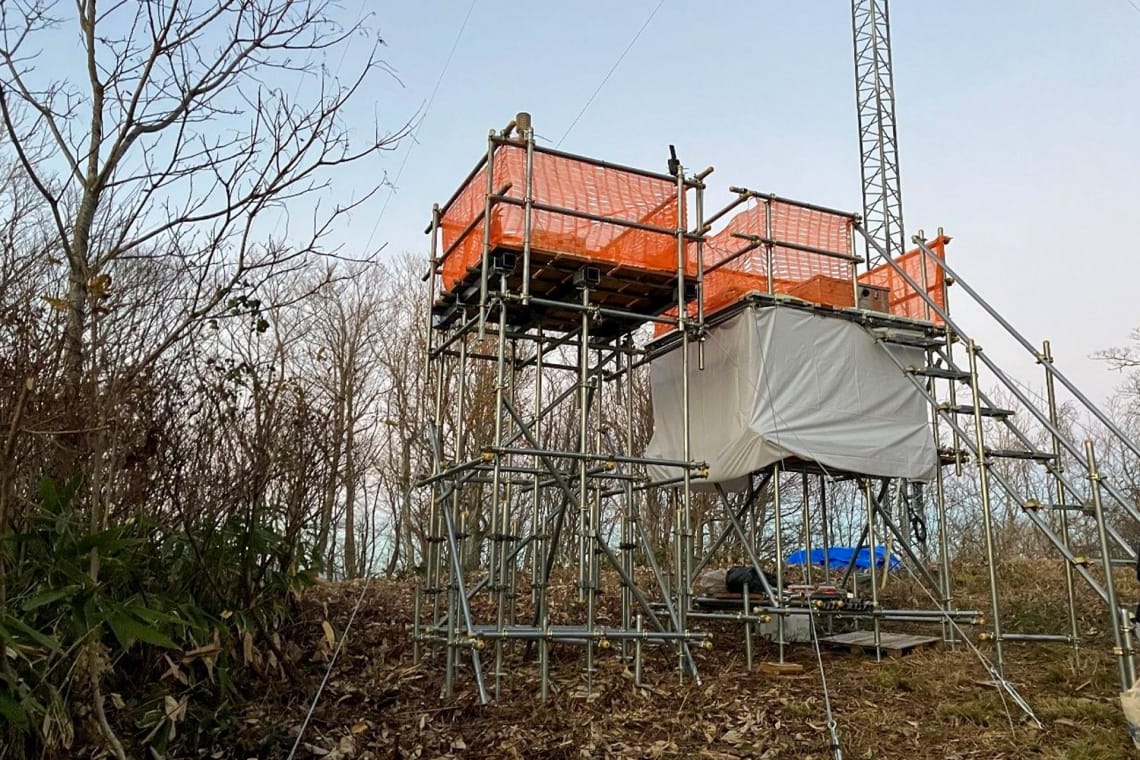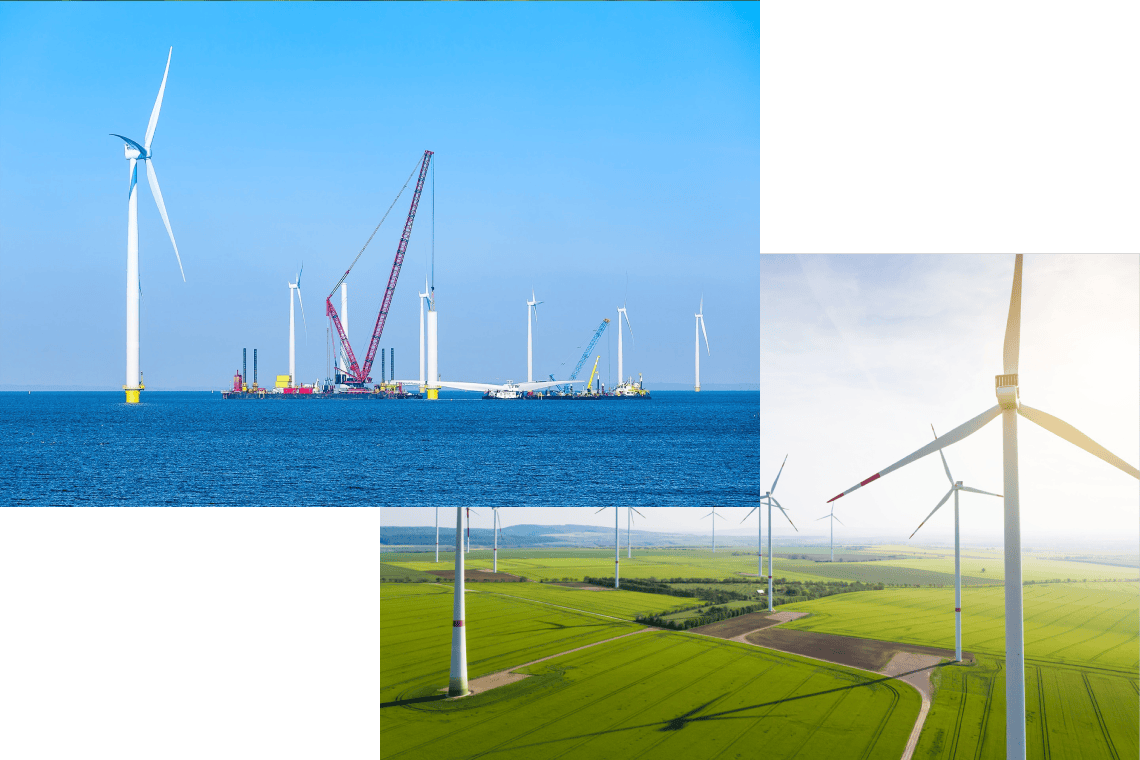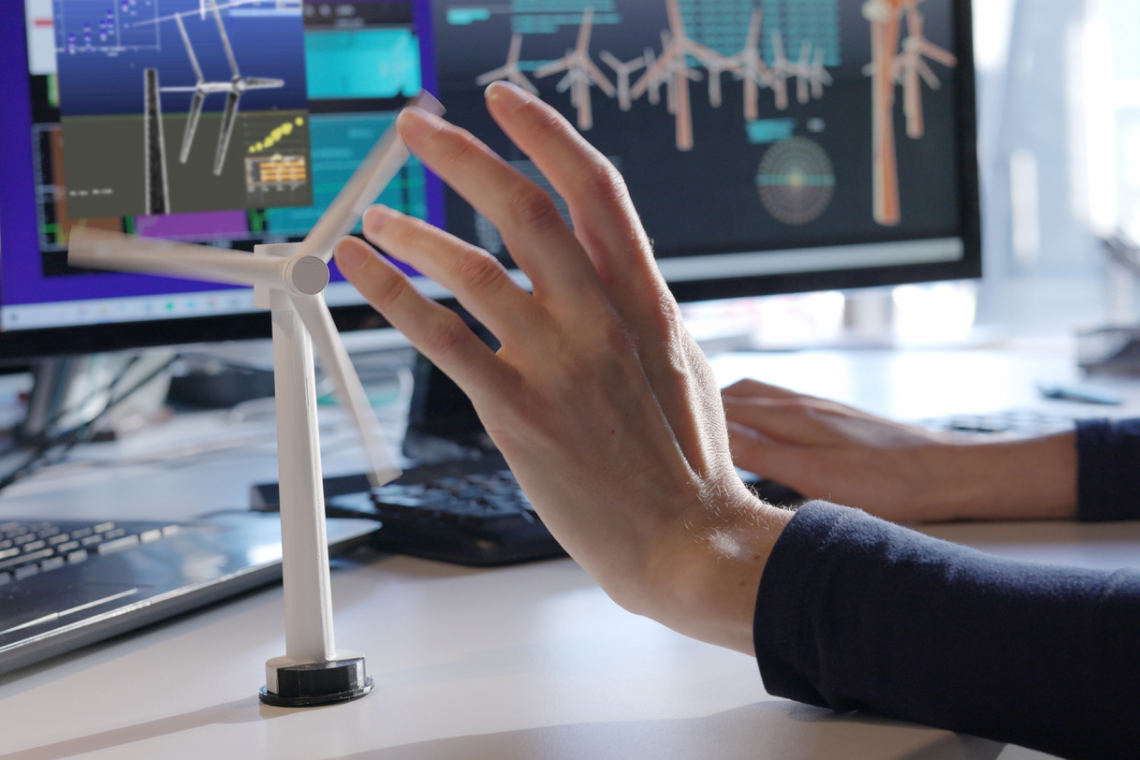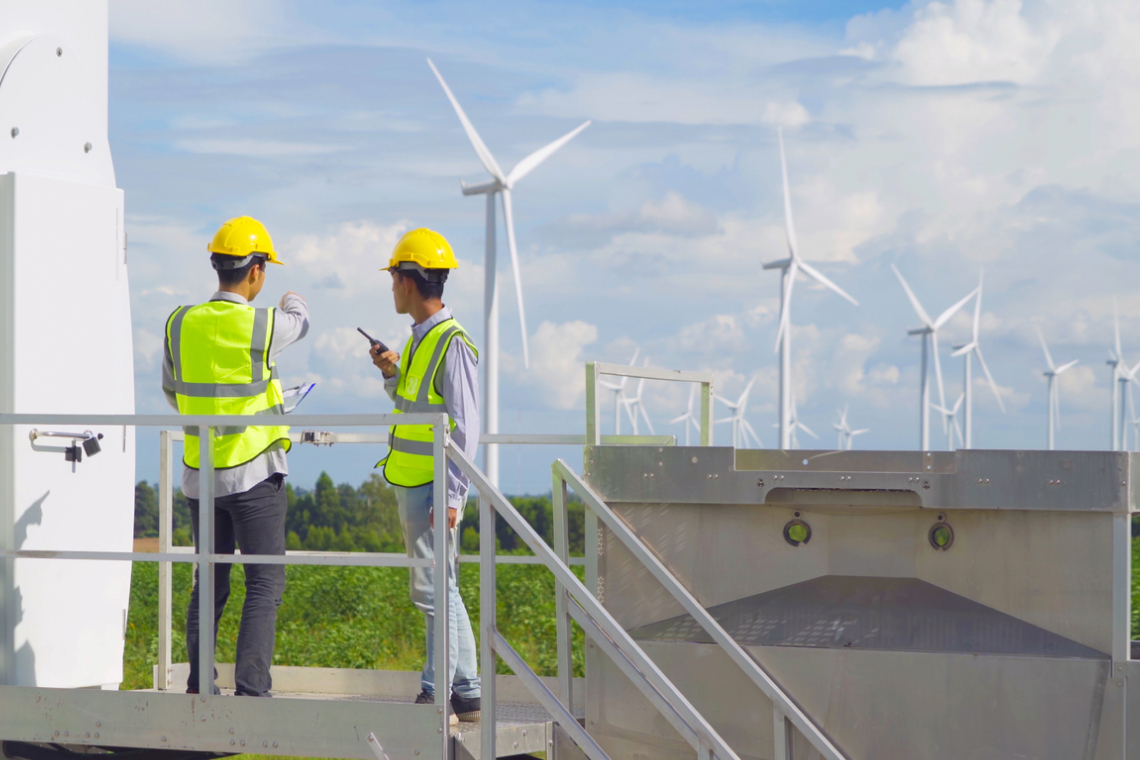As a pre-confirmation process of the notification of the construction plan of a wind farm, an examination of the wind power generation facilities should be conducted by a conformity verification body (registered by Ministry of Economy, Trade and Industry).
We provide support for conformity verification and obtaining NK Wind Farm certification, including preliminary studies for site selection installing wind observation stations, evaluation of wind conditions the site, and preparation of materials for the Certification Review Board and support for response to requests from the board.
